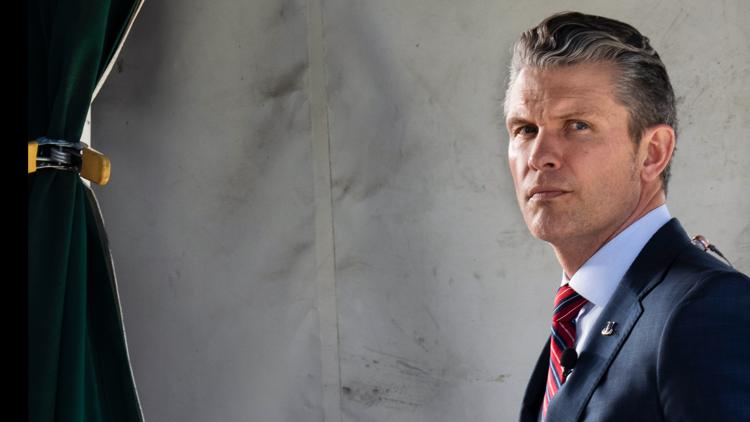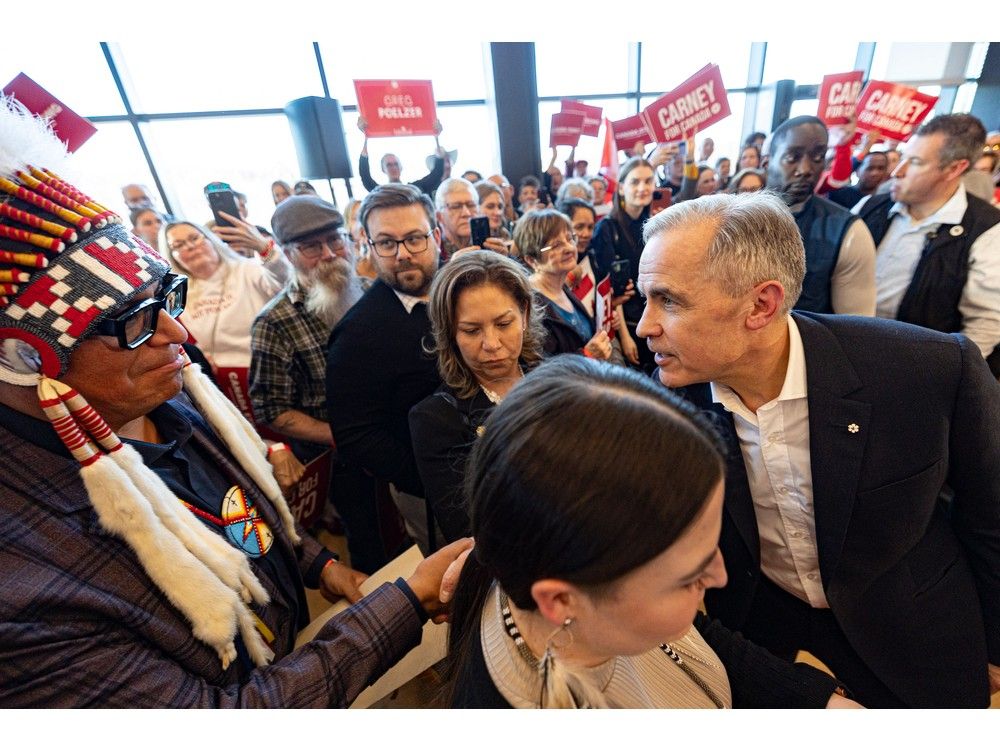Britain’s relationship with the United States has often bedevilled Labour prime ministers. Tony Blair is the obvious example, cleaving to his alliance with George W Bush despite the collapse in domestic support for the War on Terror.But one also thinks of Harold Wilson’s struggle to keep the United Kingdom out of the Vietnam War without, as many of his colleagues wished, openly criticising Washington for fighting it at all.
As he famously set out the facts of life to one Labour Party colleague: “We can’t kick our creditors in the balls.”Sir Keir Starmer therefore stands in a long if not necessarily noble tradition of leaders caught between the hard facts of the Anglo-American relationship and the greatly varying perceptions of it held by British parliamentarians and voters. Sadly, for him the vice has closed quicker than usual.

if(window.adverts) { window.adverts.
addToArray({"pos": "inread-hb-ros-inews"}); }His visit to Washington in February seemed initially to have been a personal success. Here was a British prime minister, successfully playing the traditional (if sometimes mostly aspirational) role of “bridge” between the US and Europe, echoing Harold Macmillan’s vainglorious quip about Britain serving as Greece to America’s Rome.Yet with every fresh outrage perpetrated by Donald Trump, an importunate media corrected the record.
Surely Starmer ought to speak out? Surely, he cannot put the King in the position of having to welcome this ogre to Windsor Castle?And now surely – surely – the Donald should not be allowed to follow in the footsteps of Reagan, Clinton, and Obama by addressing Parliament?If part of Starmer rages against the injustice of this, one cannot blame him. This country plays host from time to time to bloodier-handed tyrants than President Trump, and with less cause. But the starting point of diplomacy is the world as it is; some countries with terrible governments have things we need, and the pomp and splendour of royalty is one of the few secret weapons in Britain’s diplomatic arsenal.
if(window.adverts) { window.adverts.
addToArray({"pos": "mpu_mobile_l1"}); }if(window.adverts) { window.adverts.
addToArray({"pos": "mpu_tablet_l1"}); }Trump, in particular, seems especially susceptible to the temptations of a bit of monarchical splendour; no matter how much he remodels the White House based on the Palace of Versailles, there’s no substitute for the real thing.But America is different, not just because it remains for now the world’s preeminent economic and military power but because our famously monoglot country shares a language with it. Not only are saturated in American pop culture but our political and media class, snared by Robert Caro or raised on the West Wing, are particularly prone to “America-brain” (indeed, the British media often ends up dedicating more space to coverage of US politics than our own).
So now Starmer finds himself in much the same position as did Wilson in the Sixties, except much more painfully trapped. For this time the objective is not simply keeping Britain out of a doomed but very remote war, but insulating us as much as possible from a President who might (deliberately or otherwise) collapse the global economy.At the same time, however, news from across the pond is no longer confined to evening bulletins or the dry ink of the international pages.
Voters and backbenchers can not only now follow the progress of the Trump administration in real time, but self-publish their views on it too. There is much easy virtue to be had (or at least seen) in demanding the Government “stand up to Trump”; far less in the messy and time-consuming business of diplomacy, with its basic requirement to be, well, diplomatic.Parliament is within its rights to refuse the President an invitation to speak.
It is a separate institution from the Government of the day, and operates on its own terms. Lord Foulkes has argued that: “While the Government is obliged to deal with governments of all kinds, Parliament should not welcome a leader who is anti-democratic and flouts the courts and the rule of law.”#color-context-related-article-3587433 {--inews-color-primary: #3759B7;--inews-color-secondary: #EFF2FA;--inews-color-tertiary: #3759B7;} Read Next square HENRY HILL There is a bigger threat to the Tories than ReformRead MoreBut we should note that parliamentarians risk becoming rather selective in how they apply this principle.
For whilst traditionally our constitution has delegated foreign affairs to the executive, via the royal prerogatives of treatymaking and lawmaking, in recent decades MPs have been very happy, if not outright keen, to have their say on both subjects.It is now required that treaties are voted on in Parliament. There is no law mandating a vote on declarations of war, but it has since Blair been a convention that the Commons vote to authorise military action.
if(window.adverts) { window.adverts.
addToArray({"pos": "mpu_mobile_l2"}); }if(window.adverts) { window.adverts.
addToArray({"pos": "mpu_tablet_l2"}); }There are principled cases to be made for and against both innovations, especially the latter, given that MPs have to vote without access to classified information, and the damage to Britain’s global standing if its Government cannot be a reliable ally.But the trend in recent decades has been all one way, and that poses a challenge to the clean distinction between government and parliament upon which cases such as Foulkes’ depend. If MPs and peers wish to insert themselves into the sphere of diplomacy, then at some point they must shoulder the responsibility of being diplomatic, thankless as it so often is.
.
Politics

Allow Trump to address Parliament — or we’ll incur the wrath of his fragile ego

It's easy to criticise Trump - but the hard work is in being diplomatic with him















